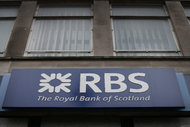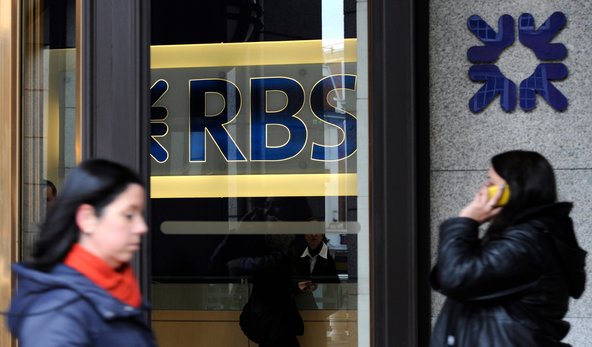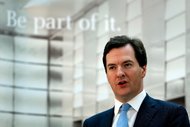The central government made no official announcement on the situation, and it was unclear whether policy makers had intervened, but short-term interest rates fell sharply Friday from a day earlier, when they had reached some of the highest levels in a decade.
Still, the Chinese financial markets remained under pressure. Rates for institutions that were seeking interbank funding on Friday were still substantially higher than a few weeks ago. Financial experts expressed skepticism that the government would do more to aid banks that were temporarily starved for cash.
The reluctance of policy makers to act comes amid growing concerns that China’s economy is weakening and that the government has abandoned its longstanding policy of responding to any hint of an economic slowdown by expanding credit.
By signaling a new restraint in monetary policy, Beijing seems to be tackling what analysts say is the growing risk of poor lending practices and overcapacity in the economy.
Louis Kuijs, an economist at the Royal Bank of Scotland, said Friday that the government’s response to weak cash flows in the interbank market, where banks make short-term loans to one another, was a sign of the government’s new resolve.
“It was the shift in the stance of the P.B.C. that made all the difference,” he said, referring to the People’s Bank of China, the central bank, acting in a way that had sent interest rates higher. “The government at the moment wants to signal, ‘we’re working on reform — we’re not interested in short-term stimulus,’ like China did in the past.”
The apparent decision not to pump more cash into the economy rocked China’s financial markets Thursday. Investor worries were compounded by newly released economic data indicating that manufacturing activity was contracting and export and job growth were tepid.
As credit markets began to freeze up and mistrust among banks spread, rumors circulated of defaults. Late Thursday, the Bank of China, one of the country’s biggest lenders, issued a statement on its Web site denying local news reports that it had defaulted on interbank payments.
By late Friday, the markets had settled somewhat. The overnight lending rate between banks had dropped to 8.49 percent, down from a record high of 13.44 percent on Thursday, but still much higher than last month’s levels of less than 4 percent.
Another benchmark rate for borrowing costs between banks, the seven-day repurchase rate, opened Friday at 8.1 percent, briefly soared as high as 25 percent and closed at 5.5 percent.
Few analysts expect the liquidity strains to lead to a financial or economic crisis because Beijing has the tools to avert a serious slowdown, with its tight control over the banking and financial sector.
But experts say the risks are rising and the choices are grim: if the government pulls back on lending, the economy could suffer in the short term; if it pumps more money into the economy to avert a slowdown, it could do long-term damage to an economy that many believe is already suffering from overinvestment.
There are also growing concerns about China’s huge shadow banking sector, with some financial experts warning of hidden liabilities tied up in local government projects, as well as the so-called wealth management products that are sold to investors through banks and trust funds but do not appear on the financial companies’ balance sheets.
“Persistent tight liquidity conditions in China’s financial sector could constrain the ability of some banks to meet upcoming obligations on maturing wealth management products on a timely basis,” the credit ratings agency Fitch Ratings said in a report Friday.
Joe Zhang, a longtime banker and the author of “Inside China’s Shadow Banking: the Next Subprime Crisis?,” said the decision by China’s central bank to discipline banks by allowing the rates to rise this week was necessary.
“Effectively, they are telling commercial banks to go and sort out their problems,” he said in a telephone interview Friday. “The banks have lent out too much money. And what happens over time? You go from prime to subprime to silly loans. This is what happened with the U.S. subprime crisis. Banks start lending to bad projects. We’ve been too reckless.”

Neil Gough contributed reporting from Hong Kong.
Article source: http://www.nytimes.com/2013/06/22/business/global/chinas-bank-lending-crunch-eases.html?partner=rss&emc=rss







